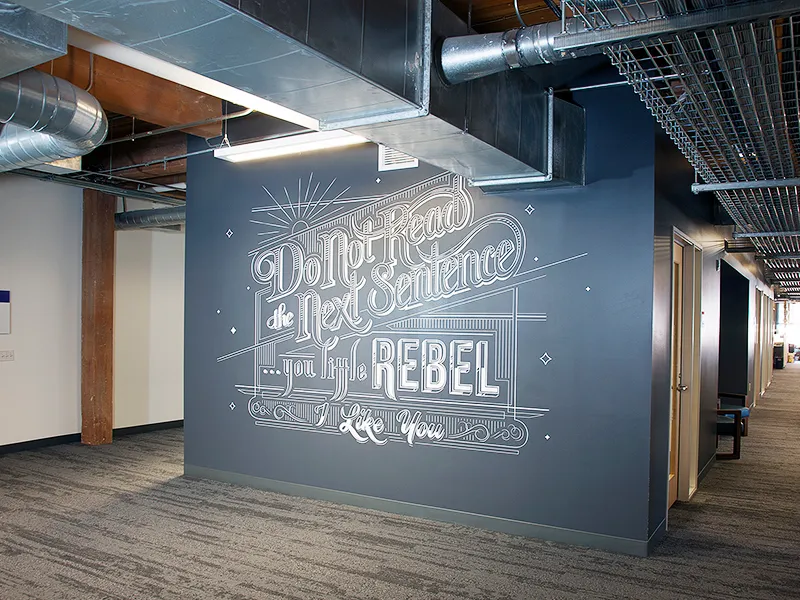Reasons to Work with a Trusted Logistics Property Company for Long-Term Growth
In today’s hypercompetitive marketplace, optimizing your supply chain infrastructure has evolved from operational necessity to strategic imperative. Partnering with a trusted logistics property company delivers advantages extending far beyond traditional real estate relationships, creating foundations for sustainable business growth and market differentiation. Unlike conventional industrial landlords focused primarily on lease administration, specialized logistics providers bring deep industry expertise, extensive market intelligence, and operational insights that translate directly to competitive advantage. For organizations seeking to transform their distribution networks from cost centers into strategic assets, these partnerships provide access to specialized capabilities, market knowledge, and flexible solutions that conventional approaches simply cannot match—ultimately enabling more agile, resilient, and customer-focused supply chain operations.
Navigating Market Complexity with Specialized Expertise
The industrial real estate landscape has grown increasingly complex, with demand significantly outpacing supply in prime logistics markets. Vacancy rates hovering around 3-4% in major distribution hubs create challenging conditions for organizations seeking optimal facilities. Specialized logistics property partners bring market intelligence inaccessible through conventional channels, including information on off-market opportunities, upcoming developments, and potential tenant relocations.
This specialized knowledge proves particularly valuable given the divergent trends affecting different facility types. While class A big-box distribution centers attract intense competition from institutional investors, older facilities often face obsolescence challenges requiring specialized redevelopment approaches. Understanding these nuances allows experienced partners to identify opportunities overlooked by generalist brokers or developers.
Sector-specific expertise extends to zoning and entitlement processes increasingly impacting logistics development. Many municipalities have implemented restrictive ordinances targeting warehouse development, creating complex approval processes requiring specialized navigation. Experienced logistics property companies maintain relationships with local authorities and understand how to address community concerns while securing necessary approvals—often making the difference between project success and failure.
Site selection capabilities extend beyond simple location analysis to include sophisticated modeling of transportation costs, labor availability, and tax implications. Leading providers employ geospatial analytics incorporating data from parcel deliveries, transportation networks, and demographic trends to identify optimal locations aligned with distribution requirements. This approach frequently uncovers counter-intuitive insights unavailable through conventional analysis.
Accessing Purpose-Built Infrastructure Supporting Operational Excellence
Generic industrial buildings increasingly fall short of modern logistics requirements, creating operational inefficiencies that undermine competitive performance. Specialized logistics property partners understand these limitations and develop facilities specifically engineered for contemporary distribution operations.
Truck court design represents a prime example of this specialization. While conventional industrial specifications might include basic dimensions, experienced logistics developers understand nuanced requirements for different operation types. Cross-dock facilities require different configurations than traditional warehouses, while last-mile delivery operations present unique challenges around package vehicle queueing and sorting. Purpose-built facilities address these specific needs rather than imposing generic solutions.
Loading positions receive similarly specialized treatment. Beyond simple dock counts, experienced developers consider factors like dock height variability accommodating different trailer types, leveler specifications supporting various load types, and trailer parking ratios appropriate for specific operation styles. This attention to operational detail delivers measurable efficiency improvements in daily operations.
Inside the facility, specialized infrastructure supports modern inventory management approaches. Reinforced floor slabs accommodate mezzanine structures and automation equipment. Enhanced clear heights support vertical storage strategies that maximize cubic utilization. Specialized power distribution systems deliver appropriate capacity for material handling equipment and technology infrastructure. These purpose-built features deliver substantial operational advantages compared to retrofitted general-purpose buildings.
Gaining Flexibility for Evolving Business Requirements
Traditional commercial lease structures impose rigidity poorly aligned with dynamic business environments. Specialized logistics property partners recognize this misalignment and create flexible frameworks supporting business evolution and growth.
Expansion capabilities represent a fundamental component of this flexibility. Experienced partners develop master-planned environments allowing seamless growth when business requirements change. These might include adjacent expansion land with pre-negotiated development agreements, buildings designed for easy expansion, or campus environments supporting gradual space absorption. This approach eliminates disruptive relocations that interrupt operations and increase costs.
Term flexibility similarly addresses business uncertainty through options ranging from traditional long-term commitments to shorter arrangements for evolving requirements. Some providers offer graduated commitment structures, with shorter initial terms followed by extension options providing both immediate flexibility and long-term security. Others develop multi-tenant environments supporting variable space allocation as operational needs change.
Configuration adaptability addresses changing process requirements through flexible building designs. Features like knockout panels between units, removable mezzanines, and reconfigurable office space accommodate operational evolution without requiring relocation. Leading providers design facilities with future adaptability as a core principle rather than optimizing solely for current requirements.
Financial flexibility complements physical adaptability through innovative structures aligned with business performance. Some partners offer variable payment models incorporating activity-based components that align real estate costs with business volumes. Others provide various capital funding options for required improvements, preserving organizational capital for core business investment rather than real estate infrastructure.
Enhancing Sustainability Performance and Regulatory Compliance
Environmental performance has evolved from nice-to-have feature to business imperative as regulations tighten.









